
Every new mom has the concern of running out of breast milk, and as typical as it is, there are plenty of answers to put your mind at peace.
The truth is that the human body is an endless source of miracles and breastfeeding your baby is a natural process that all mothers can sustain.
As long as no medical conditions are present that prevent you from breastfeeding your child, this should not be an issue.
Jump to:
- Can you run out of breast milk?
- Can you run out of breast milk while pumping?
- Can you run out of breast milk while cluster feeding?
- How do you know if you run out of breast milk?
- Can you run out of breast milk after pumping?
- How to know when breast is empty when breastfeeding?
- How to increase breast milk supply?
- How to tell if milk supply is drying up?
- Key References
Can you run out of breast milk?
The short answer is that no nursing mother can run out of breast milk. You will have as much breast milk as your baby needs, and it is a process based on supply and demand. No baby drinks more milk than their mother can provide.
Can you run out of breast milk while pumping?
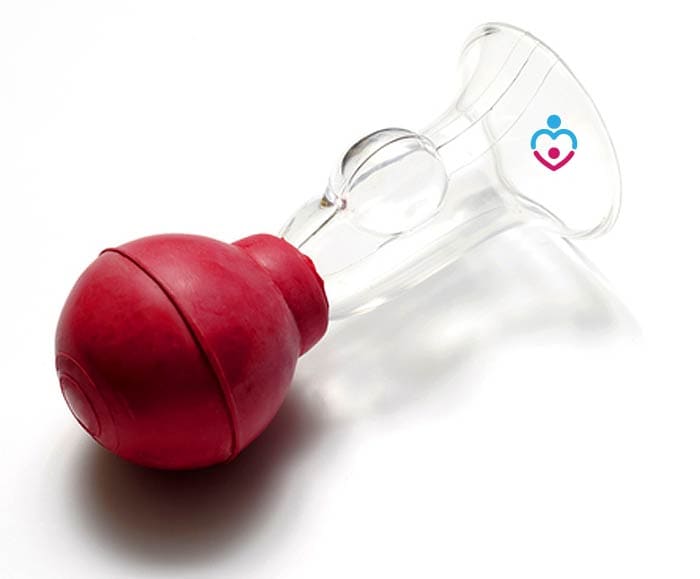
The possibility to run out of breast milk while you are pumping doesn't exist either.
- You want to keep pumping, though, until you express the foremilk, so you get to the hindmilk. The more you pump, the thicker your breast milk will get, which slows down the pumping process.
- But since your body doesn't know the difference between pumping and nursing, it will keep producing milk as long as you pump.
- Your breasts will feel lighter as you get to the fat milk, but that doesn't mean they are empty.
The difference between pumping and nursing is also that you can actually pump until your breasts are light enough, and you got the kind milk when your baby will not always drink until that point.
So, you might find yourself pumping after nursing just to get to the fat milk and store it for later.
Suggested Reading:
Can you run out of breast milk while cluster feeding?
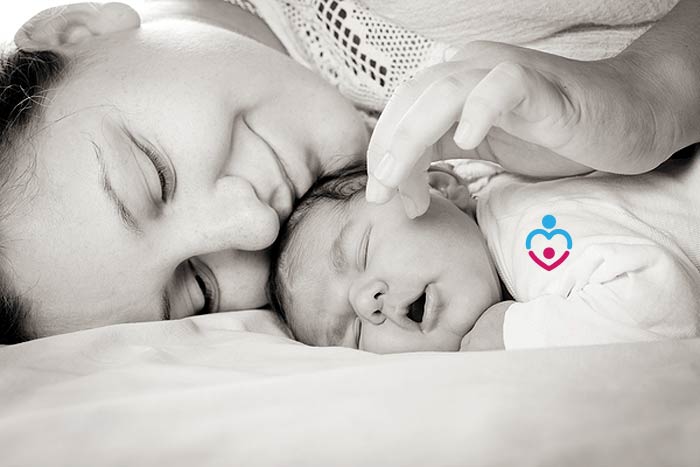
Cluster feeding tends to happen between 3 weeks and 6 weeks of your baby's life for the first time.
- However, you can expect this type of nursing to occur as your baby has growth spurts.
- Cluster feeding is the type of feeding when your baby eats more often than usual and larger quantities.
- Cluster feedings can also happen if they had a fussy night, and they seem restless. However, once your baby grew past their six months' age, cluster feedings will not be a problem anymore.
Like in all the other nursing scenarios, cluster feeding will not cause you to run out of breast milk, nor does it open the possibility for that to happen.
You will nurse your baby more frequently will actually stimulate your breasts and help them produce more milk.
Suggested Reading:
How do you know if you run out of breast milk?

As we stated previously, your breasts will keep producing breast milk as long as there is a demand for it.
- So, if you pump your milk or if your baby keeps nursing, you will not run out of breast milk. However, your breast milk will dry out if there is no stimulation.
- If you stop nursing your baby and expressing your milk, you should run out of breast milk within three days and, in some rare cases, within a week.
- As you run out of breast milk, you will feel your breasts getting lighter and less engorged. But that can happen when your milk supply is running slow, not when you run out of it entirely, which will only happen if you stop nursing.
- As your breast milk gets lower, your baby will also struggle a bit more to eat. They will work more to get full, and if you pump your milk, you will notice that the expressing process is also slower.
Suggested Reading:
Can you run out of breast milk after pumping?
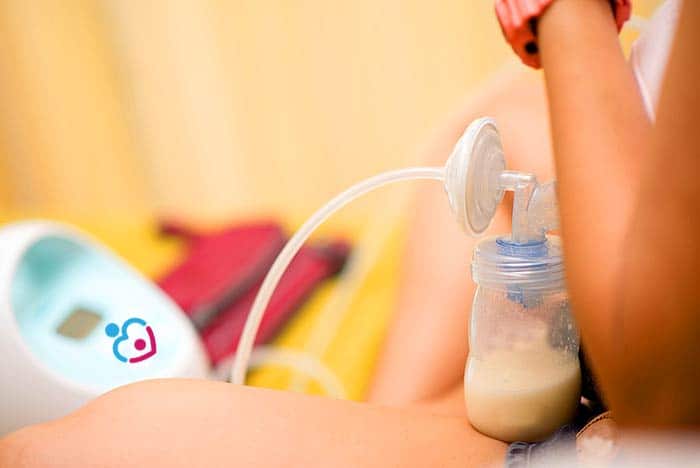
Your breast milk supply will be significantly reduced if you pumped both your breasts until you reached the fat milk.
- If you pump your breasts until they are "empty" it doesn't mean that you ran out of breast milk.
- It only means that your body needs a little break to produce more milk. This can happen if you are expressed for half an hour on each breast.
- However, the time will vary from less to more than 30 minutes, depending on how full your breasts are and how often you are pumping.
- Your breasts will get empty faster if you pump with a higher frequency because they don't have time to get full in between pumping sessions.
Suggested Reading:
How to know when breast is empty when breastfeeding?

Another common question mothers have how to know if a breast gets empty as they are nursing their baby. We established that your breasts will never be empty. Not entirely, at least.
However, the supply of milk will decrease significantly and temporarily as you nurse your baby or pump.
If you learn your baby's eating style, you will get signs from them when your breast is getting empty.
- They will get full from just eating from one breast for the first two to three months of their life. As time goes by and your baby grows, they will ask to move to the second breast to finish one meal.
- But when your baby is full, that is when your breast is empty. Also, if they didn't get full from just one breast, they will get fussy until you move them to the second one to complete their meal.
- So, learn to understand the signs your baby gives you, and you will know when your milk supply is lower.
Suggested Reading:
How to increase breast milk supply?
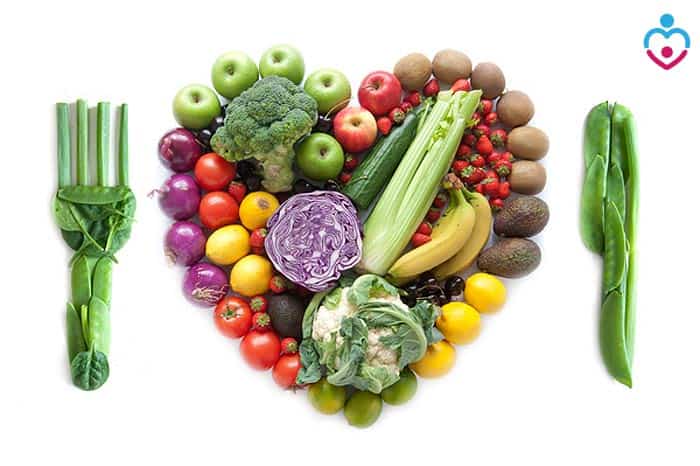
As you are a nursing mother, you will want to know the useful tricks to increase your milk supply.
Suggested Reading:
- Even if your body produces as much milk as your baby demands and needs, you will still wonder if there are ways to increase your milk supply.
- To increase your milk, supply you will have to have a balanced lifestyle, to begin with. A diet rich in fruits, veggies, and lean meats is a great start.
- Rest is also essential, as well. Your body needs to have the nutrients to produce breast milk on the demand of your baby.
- Nursing at a regular schedule will also help increase the breast milk supply and maintain it regularly.
- This will stimulate your breasts significantly and consistently so you will not have to deal with low milk supply.
- It is also important to empty your breasts either by nursing your baby or pumping. If your breasts are not getting empty, you will not produce as much milk as you should.
- supplements might also be a great option if your breast milk supply is low. But you should only take supplements if your doctor recommends you to do so.
- If you purchase supplements off the market and not those recommended by your doctor, make sure to get products with organic ingredients in them.
Suggested Reading:
How to tell if milk supply is drying up?

Your milk supply will dry up if you stop pumping or nursing your baby. But the time it takes to dry up is relative to each person.
- Some mothers will notice that their milk dried up in 1 to 3 days, while for others, it might even take up to a week.
- You will also notice that your milk supply adjusts to the rhythm with which your baby is eating. As they grow, they will need more milk at a meal, but they will start eating less frequently. This is why you will pump more milk in between meals.
- However, your body and your baby will be in sync, and eventually, they will both know when it is time to stop the nursing phase. When that happens, there are signs to look out for, so you know what to expect.
- One of the main signs is to see how much your baby eats. If your breast milk supply is low, they will finish eating faster and still seem hungry afterward.
- Your breasts will also feel lighter if you produce less milk. You can test this by using a soft towel and place it on top of your nipples. Press slowly on your breasts and see if the towel is getting any drop of milk on it.
- If the towel is dry, this signifies that your breast milk production is drying out or it is dried out completely. Also, if your breasts are more tender, it is a sign that you don't produce as much milk.
Suggested Reading:
Running out of breast milk completely is not an actual risk as long as your baby still needs to eat, and you are nursing them regularly.
However, the amount of breast milk you will produce will vary according to how often you feed them and your lifestyle choices.
If you decide to stop nursing your baby, however, your milk will dry out in a couple of days.
![]()
Key References
- "Breastfeeding: is my baby getting enough milk? - NHS". Accessed September 22, 2020. Link.
- "Successful breastfeeding" - Oxford University Hospitals - NHS. Accessed September 22, 2020. Link.




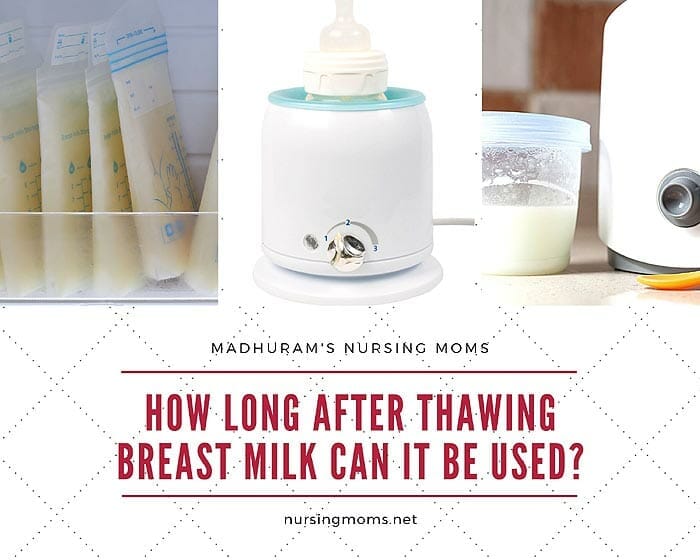
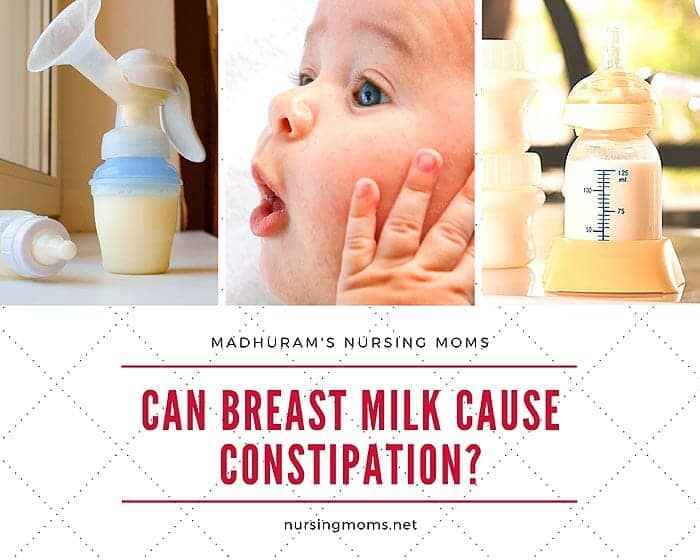
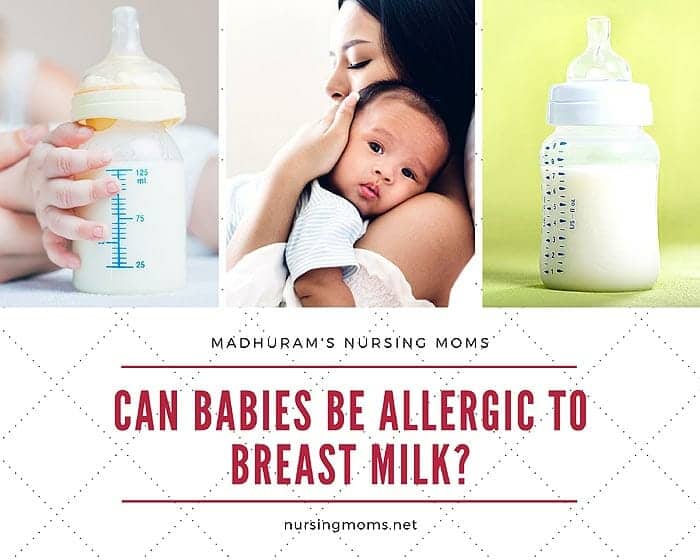
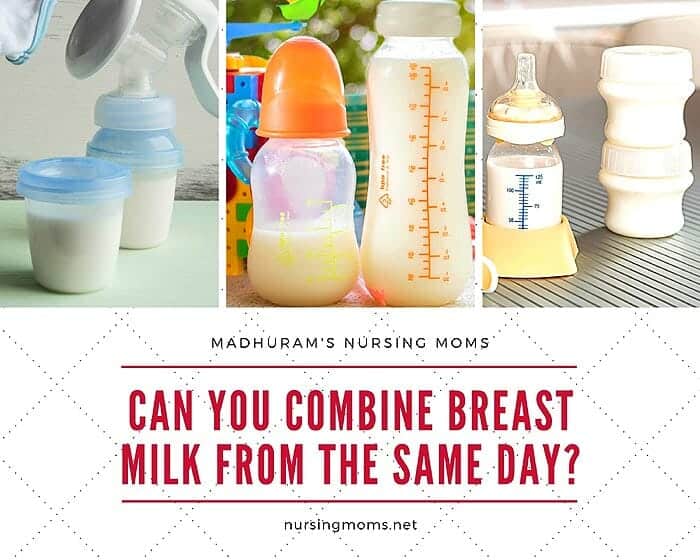
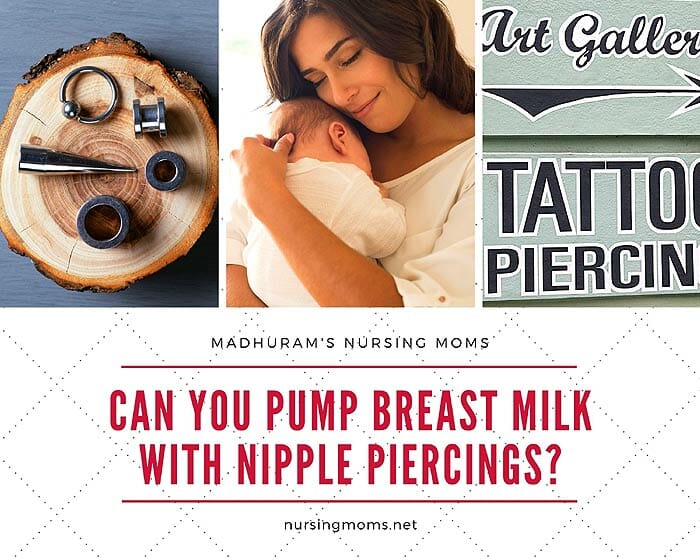
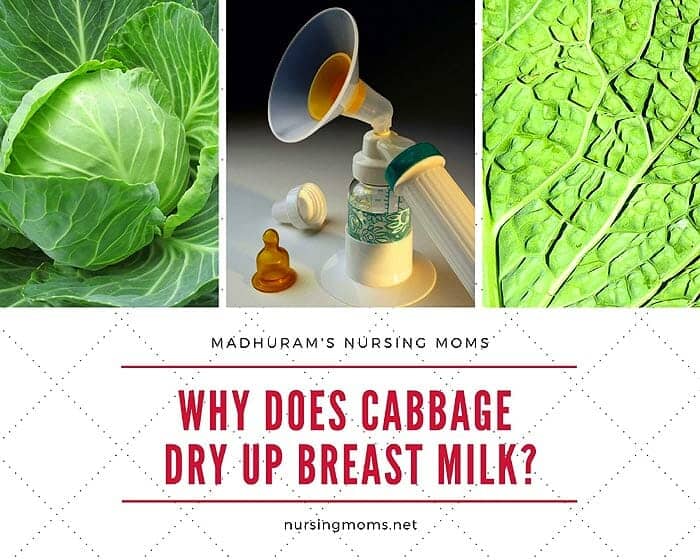
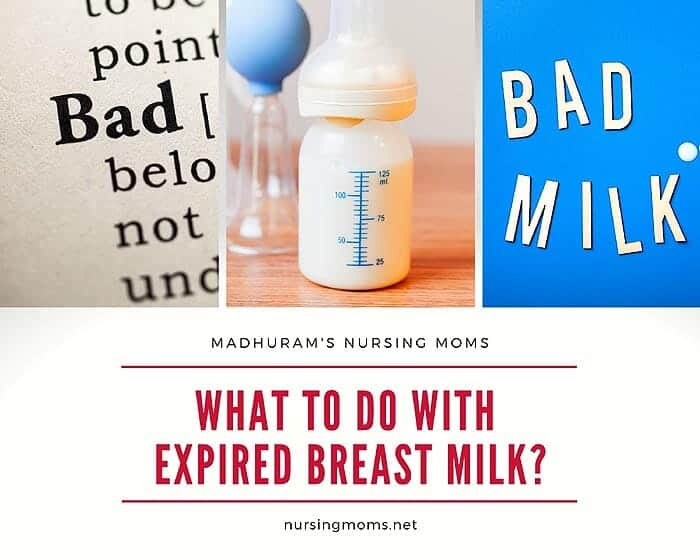
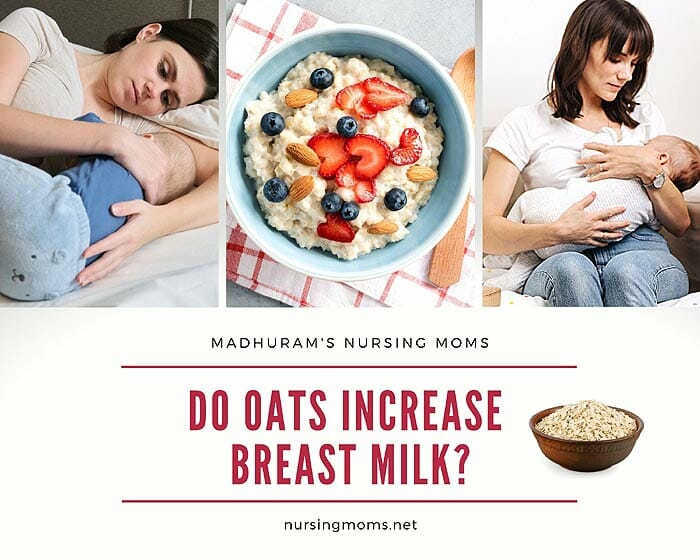
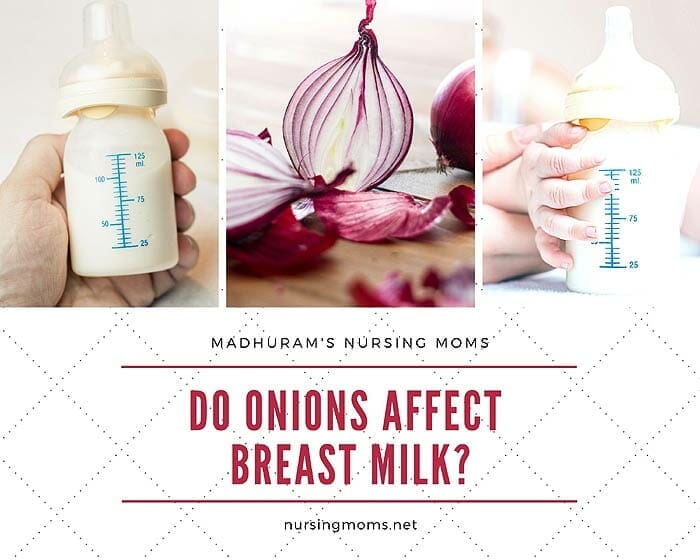
Leave a Reply